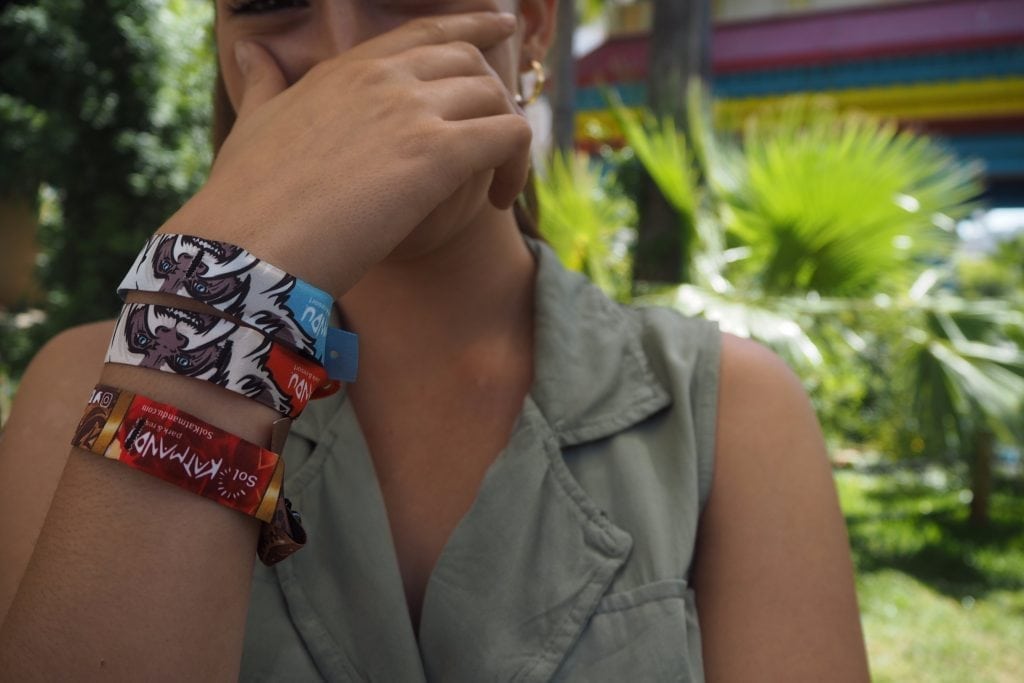
Phygital experience, a trend in the hotel industry
On several occasions I have mentioned how technological trends have optimized the experience of people and business management in the tourism sector. The use of technology is not something temporary, but neither is it radical. For months I have been observing the relevance of phygital experiences, a mix of the physical environment with the digital one.
According to the consulting firm McKinsey & Company, there are 100 moments of contact that users go through when booking a trip. For this reason, the creation of integrated strategies that contribute to the generation of experiences and the efficiency of processes has become increasingly important.
During a leisure moment, I came across an article by the communication consultancy firm Llorente y Cuenca, in which they highlighted Melía Hotels International as an excellent example of how to apply this crossover trend. With phygital in mind, Oracle developed a system with multi-function wristbands that makes it easier for travelers to process payments at the hotel and at affiliated businesses.
This also gives chain leaders an advantage in collecting data to analyze customer behavior and make decisions to optimize experiences by providing personalized treatment. In short, phygital helps companies to better connect with their audience and prevent them from losing potential in the physical field compared to the digital one.



